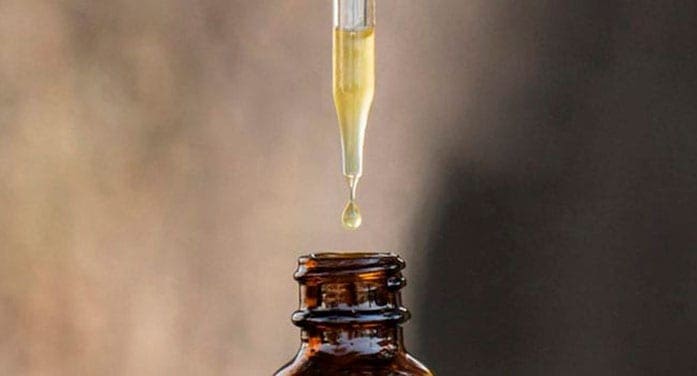The CBD industry is rapidly growing in different markets within the U.S. and globally too. While CBD oil and topical treatments have proven popular, the trend towards CBD edibles in many interesting varieties is expected to continue its impressive growth.
In this article, we look at different aspects of the CDB industry to see how it’s progressing.
CBD Edibles is a Hot Area
You know it’s gotten serious when the likes of corporate owned Ben and Jerry’s Homemade, the ice cream purveyors, have said they’re interested in getting onboard the CBD train. Unilever, the owners of the brand, have indicated that once it’s legal at the federal level, they’ll produce a CBD-infused ice cream flavor too.
Healthy food alternatives is a growing segment of the market estimated to be worth over $400bn – and growing. This broadly includes general health foods, probiotics, protein-laden snacks, botanicals, and now CBD edibles too.
It’s been noted by CBD producers that consumption of CBD products is as much about convenience as it is about the product itself. That is to say, it needs to be convenient for the take up to be significant. This isn’t all that surprising given the fast-food, drive-thru culture which people are so familiar with.
The growth in CBD edibles is rapid indeed, with consumers often focused on low THC compositions to get the expected health benefits without noticeable intoxication along with it.
CBD Oil Continues to Be In-Demand
As the idea and comfort with using oils becomes more prominent, the CBD oil market is expected to enjoy persistent growth too. There’s a wealth of different product options here. Manufacturers are learning from dispensaries what is selling, and what the new trends are from requests made by walk-in customers that feed through to end producers.
When marketing and retailing with CBD oil, it’s important to choose the channels wisely. For instance, oils and topical creams sell better in places open to these products, whereas with edibles, retail stores (especially supermarkets) is the growth area when accepting a new range and seeing positive sales.
Sign of Growth Market is the FDA Getting Vocal
The FDA has stepped into the fray indicating that they’re being more watchful about outlandish claims relating to CBD.
However, this isn’t necessary a bad thing, as it helps to legitimize the industry in the eyes of consumers. Furthermore, many companies in the food and beverage sector have come under the same scrutiny, so it’s nothing against CBD especially. Areas of interest to the FDA include any pesticides used, the contents of the product being sold, and how they’re being labeled to ensure accuracy.
Educating Consumers is Required to Increase Rate of Adoption
For adults who are aged 21 or over, only about one-fifth understand what a cannabinoid is. As such, appreciating how a CBD product with a minimal THC level isn’t the same as what someone uses for medicinal purposes, is not well understood.
Businesspeople looking to start a business in the CBD industry shouldn’t assume that likely customers (certainly not first-time buyers) will understand the benefits of their product clearly. The issue is less critical for some operators within the CBD markets like a distributor of CBD oil because wholesale buyers will understand what they’re purchasing, but on the business-to-consumer side, there’s still some work to be done.
While the law with CBD product sales and marketing varies from state to state, this hasn’t prevented the industry from going from strength to strength. Indeed, access to financial services is becoming more available to businesses involved in this industry than in the past. This will also help provide more investment capital to fund the companies wanting to produce and market CBD products, sometimes for the first time.
This content is a joint venture between our publication and our partner. We do not endorse any product or service in the article.


